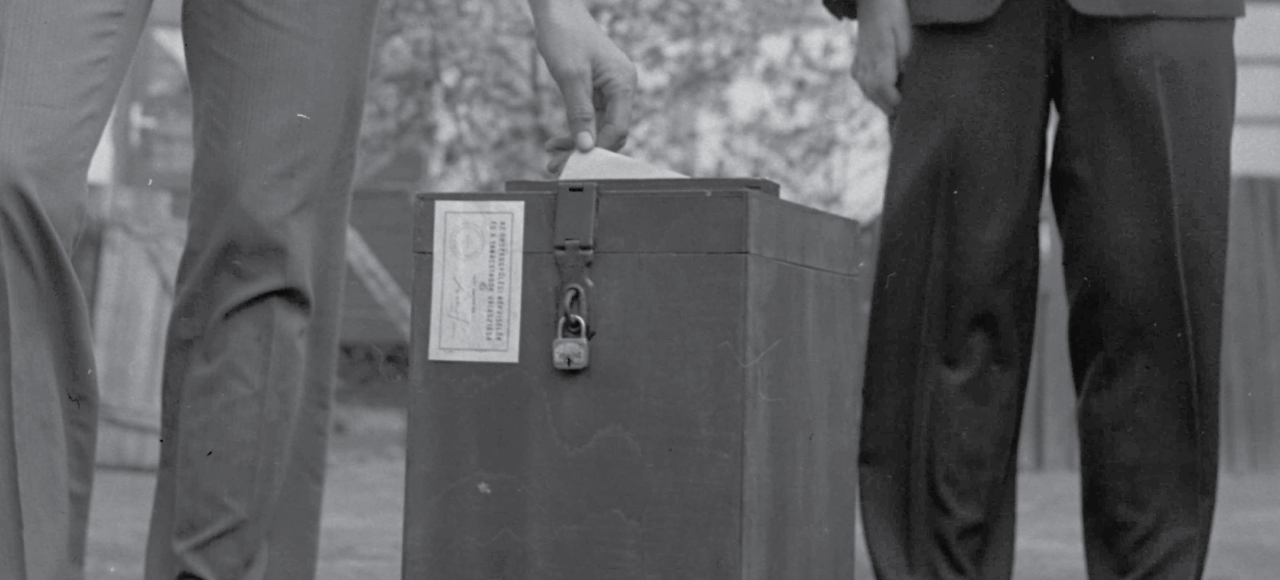
Should you vote in the General Election? There have recently public reminders that if you want to vote, you should make sure you are registered. Statistics from the 2010 General Election suggest that up to 35% of the young did not vote, and this causes concern – especially for the parties most likely to get their vote, if only they used it.
I know politically active people who choose not to vote. This is because they do not believe that any party is engaging in ‘real politics’. I can understand why people might not vote, if they believe that every party intends to do something seriously wrong, and that voting for any of them would entail complicity. On the other hand, some of these voting refuseniks irritate me; if they refuse to vote because no party represents their views perfectly, then they at least consider voting for the party that comes closest.
There is another ground for not voting, based in an intriguing argument that, like many philosophical arguments, seems obviously unsound without it being obvious where the error lies. Suppose I ask myself whether my vote has ever made a difference in the past. I might think it has, if the party I voted for was elected. Yet even then, it is obvious that if I had not voted, the outcome would have been the same. But if my vote made no difference, then neither did anyone else’s. Therefore, there is no point in anyone voting.
The only rather sketchy answer I can offer to this is vaguely Kantian: can I will as a universal law that no one should vote? No, because if everyone followed it there would be no democratic change, and parties could never be sure what people wanted. Let us assume then that I have reason to vote. In that case, how should I decide?
In 1997 I loved telling my friends the story of how I decided. Never having had any party affiliation, I drew up a nerdy table. In it I entered several issues (e.g. tax policy), gave each issue a numerical importance rating, then rated each party’s policy on each issue. I then multiplied the importance rating with each party’s rating on that issue, added up the figures and came up with a result. I then basked in my rationality.
This still seems as good as policy as any, even for those who already feel sure how they will vote: there can be surprises. Nevertheless, there are still problems. For one thing, there is no time to do the research to verify whether the factual claims made by the parties are true. It is also likely that each party, if elected, will be either unable or unwilling to enact all their policies. Then there are the strictly philosophical questions – relative equality versus relative economic liberty, or relative social conservatism versus social liberty – that vaguely underpin each party’s general outlook. But it is hard to match these outlooks to specific policies, in any precise way.
I believe in taking voting seriously. But for these reasons, I suspect I have only blunt tools to do it with.
Piers Benn is a visiting lecturer at Hethrop College, London.

